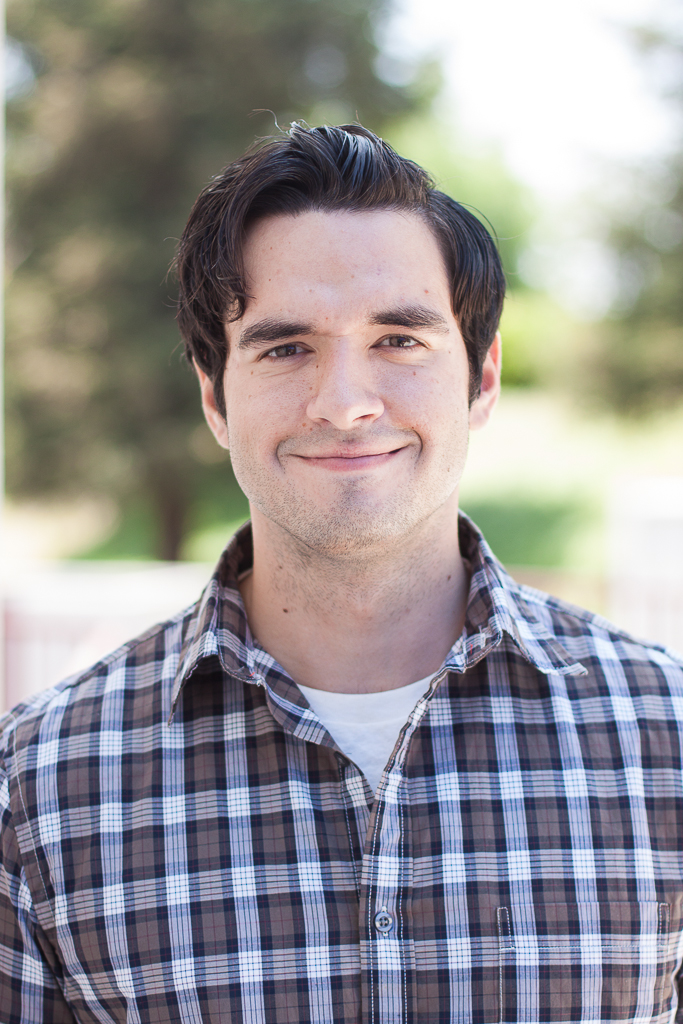
Although Boylston Street is approximately 3,000 miles from our campus, the distance did not diminish the reverberations of shock, grief and fear across the nation on April 15 — especially among students who call the Boston area home.
A brush with tragedy
Nearly every Biola Bostonian had a story of a close brush with the tragedy that shut down Boston and the surrounding area for days.They told of friends who crossed the finish line moments before the explosions, family who worked all day and night with the local hospitals or police force and church members who hid in their houses in Watertown while the shootout between police and the suspect raged in their neighbors’ backyards.
Like so many other Americans glued to their television screens in the hours after the explosions on Monday, April 15, senior cinema and media arts major Michael Sullivan was confused at first about what actually happened.
“I thought [the explosions] were some kind of malfunction, the first thing that hit my mind wasn’t that this was a terrorist attack,” said Sullivan, a former resident of Westridge, Mass., a town about 20 minutes outside of Boston. “But then, there was this slowly seeping in feeling of dread that no, sombody planned this, some people wanted to hurt other people. I will never forget seeing it.”
Sullivan became increasingly frustrated with his distance as the rest of his day was filled with phone calls checking the safety of family members and text messages from friends detailing just how close to home the attacks really were.
“It was a just a weird, distressing feeling of emptiness in your stomach,” Sullivan said. “To hear and see that stuff on TV was so distressing … I felt helpless.”
Jacob DiSanto, a sophomore biblical studies major from Dover, Mass., was also stunned that the safe, spirited town from his childhood became the site of a national tragedy.
“I have seen the World Trade Center [memorial], but it’s a totally different feeling when it’s your hometown,” DiSanto said. “I have walked up and down [Boylston Street] a million times growing up; I went to the restaurants across the street.”
DiSanto and other Boston natives still had cause to worry as the manhunt for those responsible ensued. Locals like DiSanto’s mother were unable to leave their houses as the area was shut down; others attempted to escape the danger of the lockdown while they could.
Junior Becky Todd, a communication studies major, didn’t fully realize the extent of the situation when she flew to Boston last Friday morning to host her friend’s bridal shower. Upon arrival, Todd was shocked to discover that almost the entire Boston area was shut down as the police hunted for the second suspect, Dzhokhar Tsarnaev.
“We were driving down the main highway and there was Watertown, and there was literally no one in sight. No people walking and no cars moving because they had shut down the whole area,” Todd said.
In Watertown, 19-year-old Tsarnaev was discovered and arrested, finally relieving the nervous anticipation of Boston’s trapped residents. DiSanto’s most vivid memory of the entire ordeal was the footage and reactions of his friends flooding the streets with the rest of Boston in celebration of Tsarnaev’s arrest.
“Hatred just goes nowhere”
After watching the replay of the destruction on television for days, when senior communications major Kendra Schmidt, saw the faces of the men responsible, she felt only deep sadness and hurt, not hatred. Although she was also glad that Tsarnaev would no longer pose a threat to anyone, she was disappointed by hateful comments that plastered the Internet.
“That’s a broken person, that’s a hurting person, and Jesus loves him and they need him just as much as we do,” Schmidt said.
Sullivan agreed with Schmidt’s insistence that Christians should show love, not hatred, toward Tsarnaev, despite his reprehensible actions.
“You can’t harbor feelings like that toward him because that is why they did what they did in the first place. Hatred just goes nowhere,” Sullivan said.
Boston’s resilient attitude stays strong
Although the destruction and tragic loss of life was unpredicted by the people of Boston, students from the area have the highest confidence in the strength of the Boston spirit.
“I feel like for all cities for this to happen to, Boston is probably going to be the best in terms of healing, because they are such a resilient people,” Sullivan said.
Schmidt believed there was not only hope to be found in this situation, but an important lesson as well.
“Going to an event like the Boston Marathon and not thinking that anything bad is going to happen is our natural reaction, but the reality is that we need to hold fast to our families and our friends and wait upon God to return,” Schmidt said. “We need to … reach out to people who don’t know Jesus and say we know you’re hurting and you know who else understands, our God. It’s a huge opportunity for Christians to step up.”







